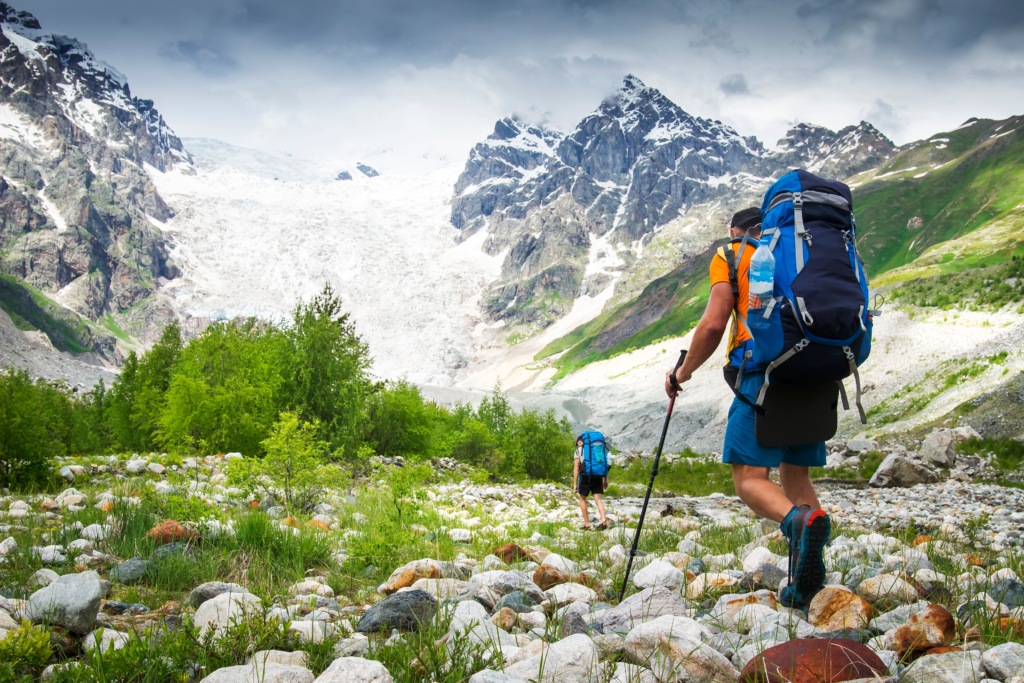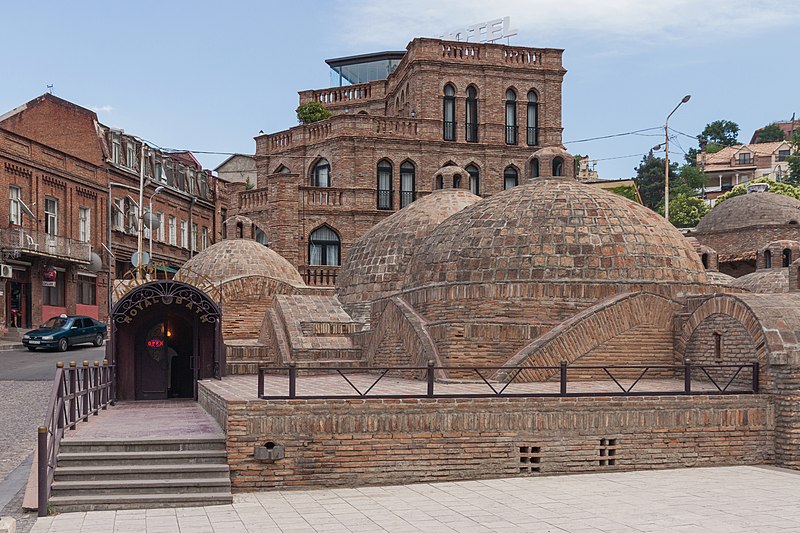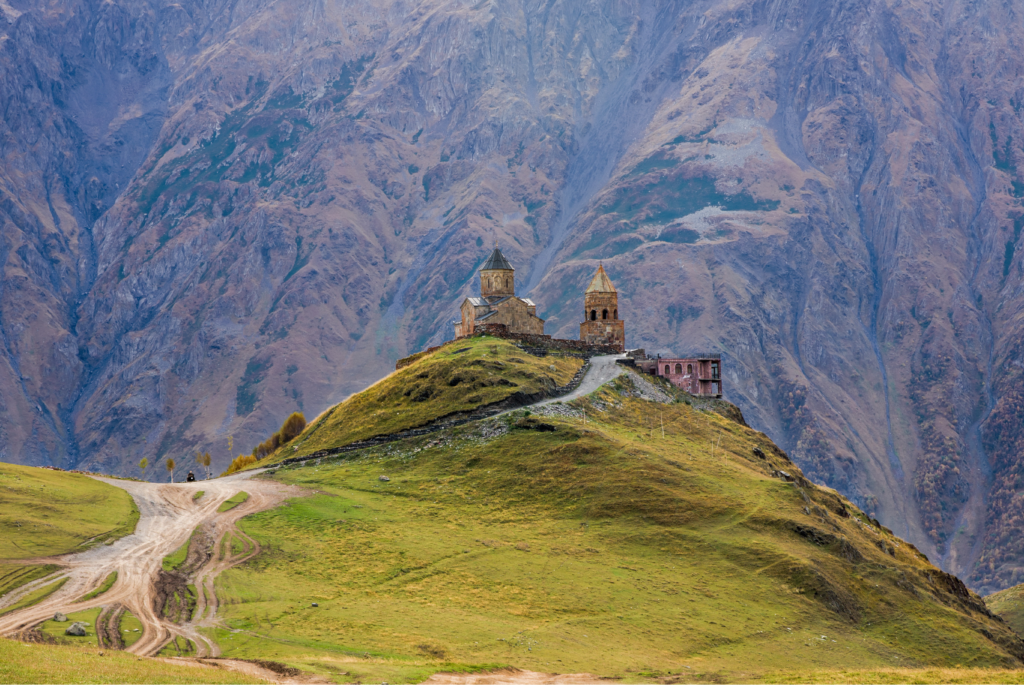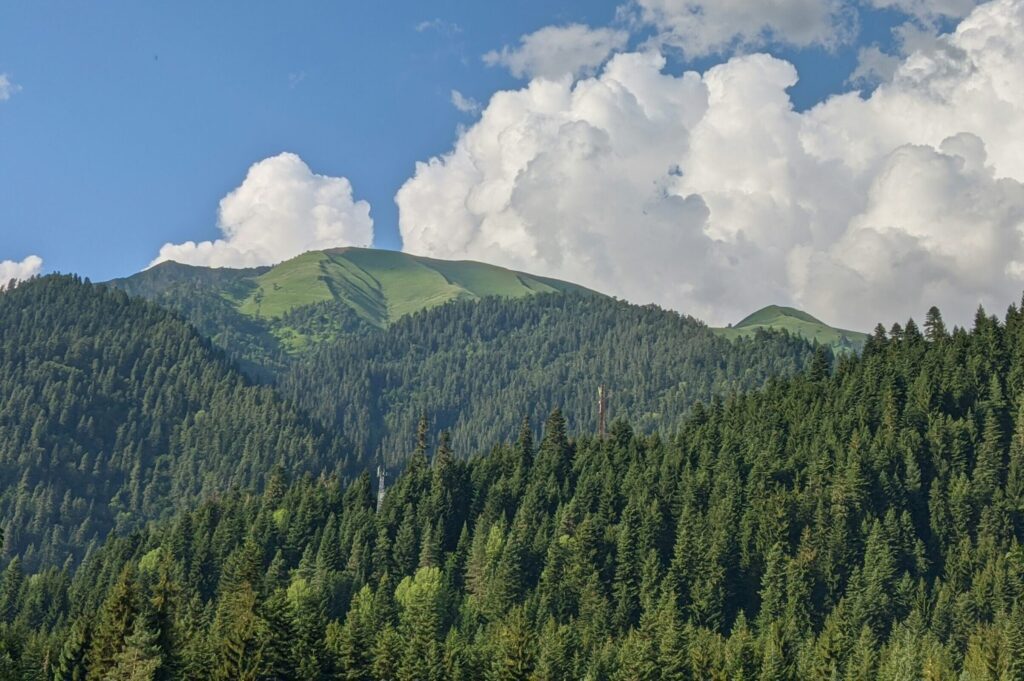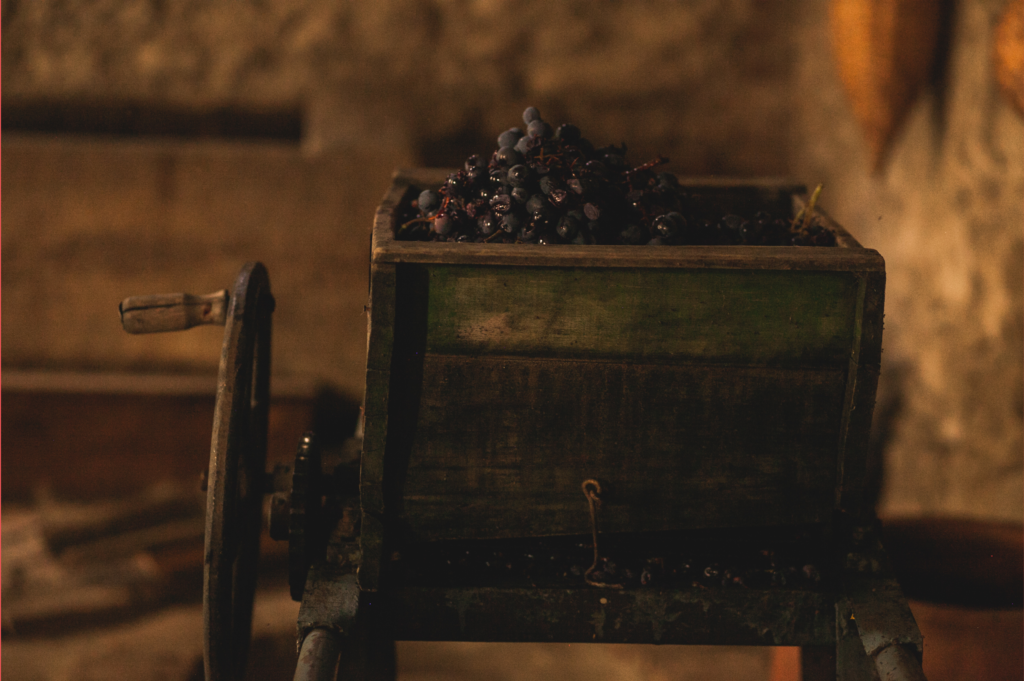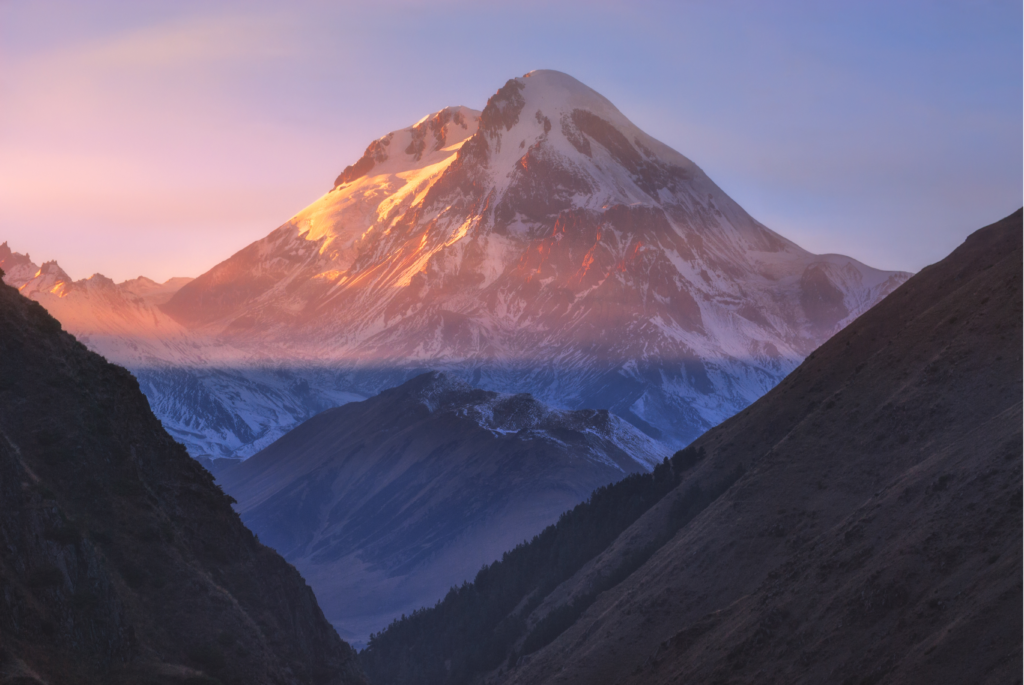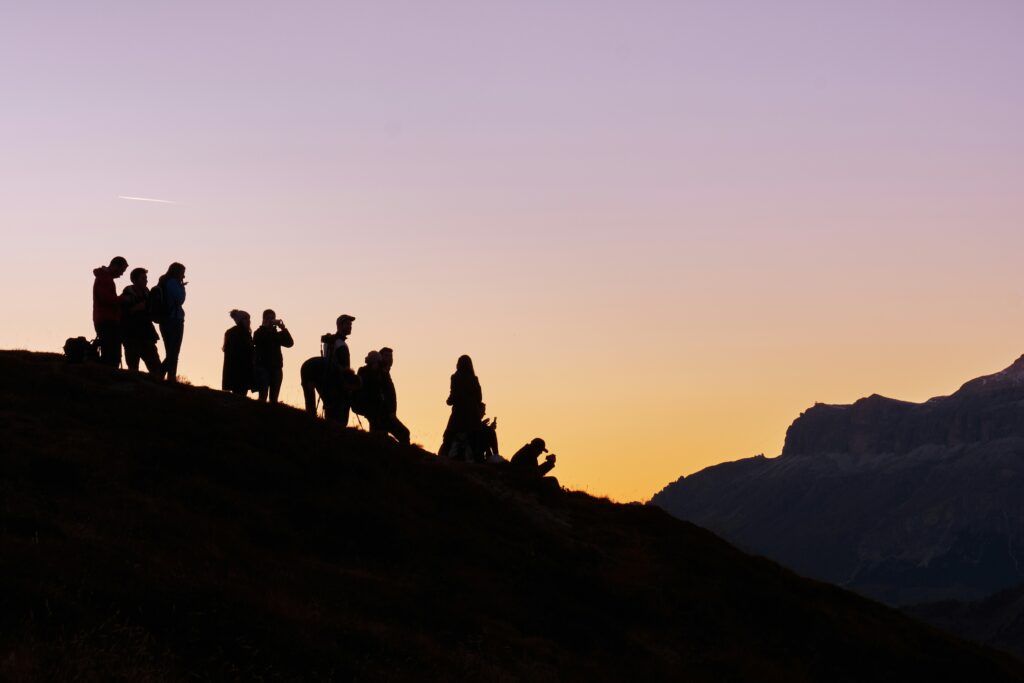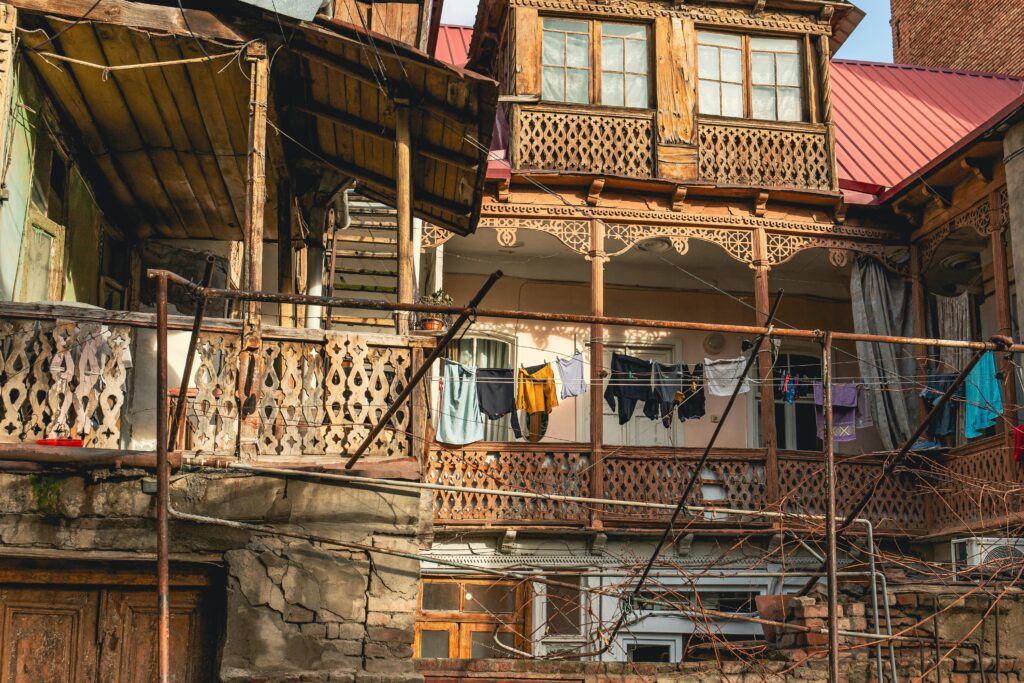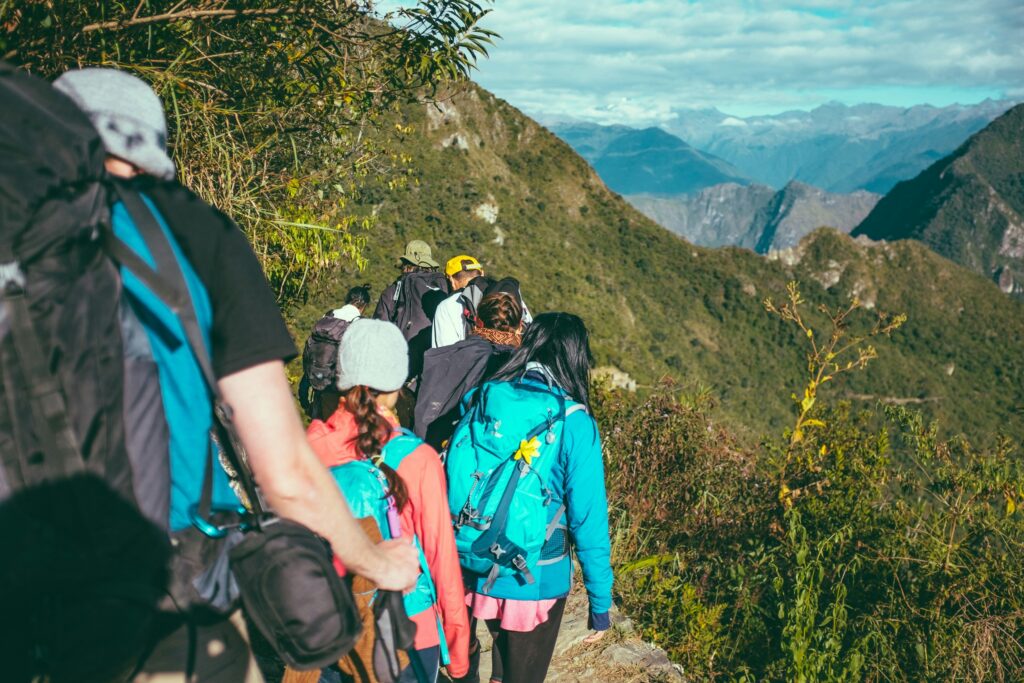Georgia, the cradle of winemaking, boasts a rich cultural heritage deeply intertwined with wine. At the heart of this culture is Rtveli, an ancient harvest festival that marks the culmination of the grape harvest season. Held every autumn, Rtveli is more than just an agricultural event; it’s a vibrant celebration of family, community, and centuries-old winemaking traditions.
Let’s dive into the world of Rtveli, where the harvest season becomes a lively festival and every grapevine tells a story.
1. Rtveli: A Celebration of Wine and Tradition
The word “Rtveli” translates to “vintage” or “harvest” in Georgian, but the event itself goes far beyond simply gathering grapes. Rtveli has been celebrated for thousands of years, and it remains one of Georgia’s most beloved traditions, symbolizing the connection between people, nature, and winemaking.
Rtveli takes place in September and October, depending on the region and the ripeness of the grapes. In Georgia’s famous wine regions, such as Kakheti, Imereti, and Racha, the entire community gathers to participate in this joyous event. The harvest season marks the start of wine production, but it also brings people together for feasting, singing, dancing, and giving thanks for the year’s harvest.
2. The Rtveli Process: A Communal Affair
Rtveli begins early in the morning when families, friends, and neighbors come together in the vineyards to pick the grapes by hand. In Georgia, grape harvesting is not done by machines but by people, ensuring that the process remains a communal activity. This hands-on approach not only respects the traditions of the past but also reinforces the social bonds that define Rtveli.
Once the grapes are gathered in large baskets, they are taken to the marani (wine cellar), where the winemaking process begins. Traditionally, the grapes are crushed in large wooden vats called satsnakheli, often with bare feet, while participants sing traditional harvest songs called “mravalzhamieri.”
The juice from the grapes is collected and placed into qvevris, large earthenware vessels buried in the ground, where the wine ferments naturally. This ancient method of winemaking, which dates back over 8,000 years, is unique to Georgia and has been recognized by UNESCO as an Intangible Cultural Heritage of Humanity.
3. A Feast for the Senses: Food, Wine, and Song
No Georgian celebration is complete without a feast, and Rtveli is no exception. After a long day of grape picking and winemaking, everyone gathers around the supra (traditional Georgian feast), where the wine flows freely, and tables are laden with an abundance of local dishes.
Some of the most beloved foods enjoyed during Rtveli include:
- Khachapuri: Georgia’s famous cheese-filled bread, a must-have at any celebration.
- Mtsvadi: Skewered and grilled meat, a Georgian barbecue that perfectly complements the wine.
- Pkhali: A variety of vegetable dishes made with walnuts and garlic, often served as a colorful appetizer.
- Churchkhela: A sweet treat made by dipping strings of nuts into thickened grape juice, a traditional dessert of the harvest season.
During the feast, the tamada (toastmaster) leads a series of poetic toasts, a crucial part of Georgian supra culture. As the wine flows, so do the stories, toasts, and songs, creating an atmosphere of warmth and joy that embodies the spirit of Rtveli. Singing and dancing are integral parts of the celebration, with participants often performing Georgian polyphonic songs that have been passed down through generations.
4. The Spiritual and Cultural Significance of Rtveli
For Georgians, Rtveli is more than just a seasonal event; it’s a ritual that connects them to their ancestors, their land, and their identity as a nation of winemakers. Georgia’s deep connection to wine is not just about consumption but about tradition, faith, and life itself.
Wine has played an important role in Georgian culture since ancient times, often used in religious ceremonies and family gatherings. Many Georgian households still have their own small vineyards, and winemaking is seen as a sacred task, handed down from generation to generation.
Rtveli symbolizes gratitude—to nature for the bounty of the harvest, to one’s family for their labor, and to the divine for blessing the land. It’s also an opportunity to pass on the knowledge of winemaking to younger generations, ensuring that the ancient techniques and values of the past are preserved for the future.
5. The Global Appeal of Rtveli
While Rtveli is deeply rooted in Georgian culture, it has also captured the imagination of travelers from around the world. Increasingly, tourists are joining in the festivities, seeking an authentic experience of Georgia’s renowned wine culture.
In recent years, many Georgian wineries and guesthouses have opened their doors to international visitors, allowing them to participate in Rtveli alongside locals. From picking grapes in the vineyard to tasting freshly made wine in the marani, visitors are treated to a full immersion in the Georgian way of life.
Many who take part in Rtveli describe it as an unforgettable experience—one that offers a deep connection to Georgia’s land, people, and history. For wine lovers, it’s an opportunity to witness first-hand the winemaking traditions that have shaped the world’s oldest wine culture.
6. How to Experience Rtveli in Georgia
If you’re planning a trip to Georgia and want to experience Rtveli, the best time to visit is between late September and early October. Kakheti, the heart of Georgian wine production, is one of the best places to witness the full-scale harvest, but Rtveli is celebrated in smaller wine regions like Kartli, Imereti, and Racha as well.
Many vineyards offer Rtveli tours, where visitors can participate in the grape harvest, learn about traditional winemaking, and enjoy a supra with the winery owners. Whether you’re a wine enthusiast or simply someone looking for a cultural adventure, Rtveli offers a unique opportunity to engage with Georgia’s rich heritage.
Conclusion: Rtveli, a Celebration of Life and Wine
Rtveli is more than just a harvest festival; it’s a joyful expression of Georgia’s soul. It’s a time when families and communities come together to celebrate the fruits of their labor, honoring both the past and the present through the shared rituals of winemaking, feasting, and song.
For those lucky enough to participate, Rtveli offers a glimpse into the heart of Georgia—a country where wine is more than a beverage; it’s a symbol of life, connection, and enduring tradition. Whether you’re a local or a visitor, the experience of Rtveli is bound to leave you with cherished memories and a deeper appreciation for Georgia’s ancient wine culture.
If you’re looking to experience Georgia in its most festive and authentic form, be sure to mark Rtveli on your calendar and prepare for an unforgettable journey into the world of wine, tradition, and community.
Racha: Georgia’s Untouched Paradise in the Caucasus
Nestled in the rugged and scenic Caucasus Mountains, Racha is one of Georgia’s most enchanting and lesser-known regions. For the curious traveler, it offers a unique blend of untouched nature, ancient traditions, and vibrant local culture. While Georgia’s more popular regions like Kakheti and Svaneti are often bustling with tourists, Racha remains a hidden gem waiting to be discovered.
In this blog, we’ll take a closer look at what makes Racha a must-visit destination for nature lovers, adventurers, and those seeking authentic cultural experiences.
1. A Landscape of Untamed Beauty
Racha is best known for its breathtaking landscapes. Towering peaks, dense forests, and crystal-clear rivers dominate the scenery. The region’s isolation has helped preserve its natural beauty, making it a paradise for hikers, photographers, and outdoor enthusiasts.
Some must-see natural attractions in Racha include:
- Utsera Resort: Known for its fresh air, alpine meadows, and scenic beauty, Utsera is a perfect spot for mountain lovers looking to relax or explore the great outdoors.
- Shaori Lake: A serene, mirror-like lake surrounded by lush greenery, Shaori is an ideal destination for camping, picnicking, and enjoying peaceful moments.
- Tskhratskaro Pass: A mountain pass that offers panoramic views of the entire region, ideal for trekking and off-road adventures.
Racha’s rich biodiversity is another highlight, with rare plant species and wildlife, including brown bears, lynxes, and eagles, calling the region home.
2. A Cultural Heartbeat: The Traditions of Racha
Despite its remote location, Racha boasts a strong cultural identity. The people here have a distinct way of life, heavily influenced by their natural surroundings and ancient traditions. A visit to Racha offers a glimpse into this heritage, with friendly locals often eager to share their customs and hospitality.
- Ambrolauri: The region’s administrative center, Ambrolauri is a charming town where visitors can explore the local culture. The Ambrolauri Museum of Fine Arts showcases works by famous Georgian artists, while local markets offer handmade crafts and delicious regional produce.
- The Wine Culture of Racha: While Kakheti may be Georgia’s wine capital, Racha is home to some of the country’s most unique wines, particularly the famous Khvanchkara. This semi-sweet red wine, made from Aleksandrouli and Mujuretuli grape varieties, is cherished for its distinct flavor and is a must-try for any wine enthusiast.
3. Historical and Religious Sites
Racha is rich in history, with ancient churches, fortresses, and monasteries scattered throughout the region. These architectural marvels offer a glimpse into Georgia’s spiritual past and are worth exploring for their serene beauty and historical significance.
- Barakoni Church: Built in the 18th century, the Barakoni Church is one of the most beautiful examples of Georgian Orthodox architecture, set against the dramatic backdrop of the Rioni River gorge.
- Nikortsminda Cathedral: Dating back to the 11th century, Nikortsminda is one of Georgia’s most important religious monuments. Its intricate stone carvings and frescoes inside are a testament to the skill of Georgian craftsmen.
- Minda Fortress: For history buffs, a trip to Minda Fortress offers a journey back in time to Georgia’s medieval period. This ancient structure stands as a silent witness to the region’s turbulent history.
4. Outdoor Adventures Await
For thrill-seekers, Racha provides a variety of activities to satisfy your adventurous spirit. Whether you’re into hiking, rafting, or paragliding, there’s something for everyone in this mountainous region.
- Hiking and Trekking: The trails in Racha range from gentle paths through pastoral landscapes to challenging treks up steep mountain slopes. The Racha-Lechkhumi Trail, which connects Racha to the neighboring Lechkhumi region, offers a multi-day trekking experience with unparalleled views.
- Rafting on the Rioni River: The fast-flowing Rioni River is perfect for rafting enthusiasts. With its rapids and twists, it provides a thrilling experience while taking in the dramatic scenery of the valley.
- Skiing in Winter: Racha transforms into a winter wonderland from December to March, offering skiing and snowboarding opportunities. Though quieter and more laid-back than Georgia’s more famous ski destinations, Racha’s slopes provide a peaceful escape for winter sports enthusiasts.
5. Culinary Delights of Racha
Georgian cuisine is world-renowned, and Racha brings its own flavors to the table. The region’s dishes are hearty and often made using local ingredients that have been grown or raised in the surrounding mountains. Be sure to try:
- Lobiani: A traditional bean-filled bread, which is a staple food in Racha, often enjoyed during local festivals.
- Shkmeruli: This dish features chicken in a garlic and milk sauce and originates from the village of Shkmeri in Racha.
- Local Cheeses: Racha is also known for its distinctive cheeses, which pair perfectly with the region’s wines.
6. Getting There and Exploring Racha
Racha is accessible from Georgia’s capital, Tbilisi, with a scenic drive that takes around five to six hours. The journey itself is part of the experience, as it takes you through winding mountain roads, picturesque valleys, and charming rural villages.
Once in Racha, getting around is relatively easy with local taxis, rental cars, or even on foot if you’re staying in the heart of the region. The slower pace of life allows visitors to truly immerse themselves in the tranquility and beauty of the area.
7. Why Visit Racha?
Racha offers an authentic, off-the-beaten-path experience in Georgia. It’s a place where time slows down, and nature takes center stage. Whether you’re a history buff, an adventurer, a foodie, or simply someone seeking peace and serenity, Racha has something special for you.
So next time you’re planning a trip to Georgia, venture beyond the usual tourist destinations and explore the raw beauty and rich culture of Racha. It’s a journey you won’t forget.
Whether you’re planning a relaxing escape, a cultural adventure, or an exhilarating outdoor experience, Racha will captivate your heart and leave you wanting more.

